
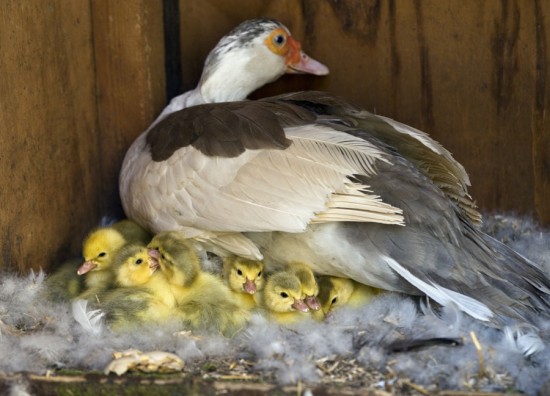
The hen should be put in the broody coop and not disturbed except for ensuring she eats and drinks or when candling the eggs. Put a fake egg or leave a chicken egg under her until your hatching eggs have been rested. Ensure the hen leaves the nest at least once a day to eat, drink, dust bathe and exercise.
Rest the fertile hatching eggs pointed end down and at a 45-degree angle in a cupboard where the temperature does not fluctuate. They should be rested for a minimum of 24 hours to settle the air sac after the eggs have been jolted around in the post or in your car if you collected them. Day 1 counts from the day you put the eggs under the hen. Duck eggs take 28 days to incubate. Swap the fake eggs for the hatching eggs when the hen leaves the nest for a break. You may need to push her off the nest. Listen out for her squeals of delight when she sees the duck eggs! Leave her to settle on them and check them when she leaves her nest the next day. It is optional, but spray the eggs with water to replicate when a duck has a swim and returns to the nest. Duck eggs need higher humidity than chicken eggs in an incubator. Candle the eggs regularly and remove any non-fertile eggs. This will prevent bacteria contaminating the good eggs.
It is much easier to care for ducklings with a broody hen as she will provide all the heat and care they need. The hen is the first thing the ducklings will see and they will instantly bond to her and think she is their real mother. The hen will show the ducklings what to eat and drink by picking up and dropping tasty morsels of food and clucking. Provide chick crumbs, but they must be the unmedicated variety such as Dodson and Horrell chick crumbs. Check the ingredients do not contain ACS or anti coccosidids. ACS is for chicks not ducklings and it can make them ill. The hen may be alarmed when the ducklings instinctively jump in the water bowl and splash around, but she will soon get used to it and stop telling them off.
When ducklings hatch they are quite independent once their feathers have dried out and they grow very fast. By day 4 or 5 their oil gland will have developed and you will noticed them using it when they preen. Speak to the ducklings from hatch day or before! This will help them recognise your voice. Begin to handle them as soon as you can so they are comfortable with being held and touched. This will ensure they are used to humans and can be tamed. The ducklings may still run away from you and cheep for their mother when held. It's easy to forget they are still babies as they grow a lot every day.
Ducklings will eat wood shavings, which can cause a blockage in their airways. It's best to use hay for the first few days. The hay will become soggy quickly so this will need replacing daily. If you do it before bedtime, they will have nice dry bedding to sleep on as during the day they will run back to the nest for security and this makes the hay soggy.
All you will need to do is top up the food and water regularly. Ducklings are messy and hens are clumsy and may knock over the food and water bowls. Check every few hours. It will be hard to resist watching the ducklings anyway. An ideal water bowl is a ceramic cat bowl as the ducklings will be able to jump into the bowl and splash about. Marbles aren't required for ducklings after a few days!
When the ducklings are about 5 or 6 days old swap the water bowl for a larger paint roller tray. This will help the water last longer, but it will still need to be changed a few times a day. Add chopped spinach to the water as they love it. It's great fun to watch them dabbling for it, plus it will aid their development because it is full of vitamins.
Add chopped tomatoes, and peas to their diet from 2 weeks. They enjoy picking the peas out of the water. Spinach is their favourite. I found they loved snails as much as spinach. Their hen mother will teach them how to crack the shells and often crack them for the ducklings. The hen will give a warning cluck if any predators like cats go past the broody coop and the ducklings will run to mother.
Ducklings grow fast! The paint roller tray will seem too small at around two and half weeks old. I switched to a large cat litter tray and use bricks as steps up to it. As they get older increase the size of their pond. Paint roller tray, to a washing up bowl, to a cat litter tray, to a child's shell pool at four weeks old. The shell pool should be sufficient for them to swim in for the rest of their lives. Ducklings may be wobbly on their legs, but this is due to them growing so fast. The Mother Hen will decide to go back to her coop when she is fed up with having wet feet and the ducklings have grown. She will roost with the other chickens and return to the ducklings in the day. This can happen from four weeks old! They still need heat at this age, but if it is warm outside and you have more than one duckling they will be fine. Ducklings will have grown breast, leg and tail feathers at this stage and their backs will be covered in woolly down. Ensure they have clean, dry hay for bedtime.
From 3 to 4 weeks old switch to growers pellets mixed with the remainder of the chick crumbs, then switch to duck growers pellets. They should be on growers pellets by 4 weeks old.
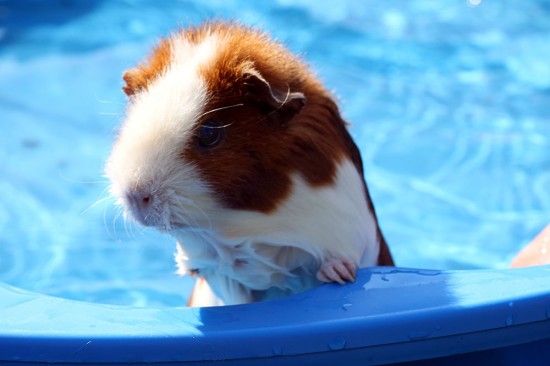 Can I Give My Guinea Pigs A Bath?
Can I Give My Gui
Can I Give My Guinea Pigs A Bath?
Can I Give My Gui
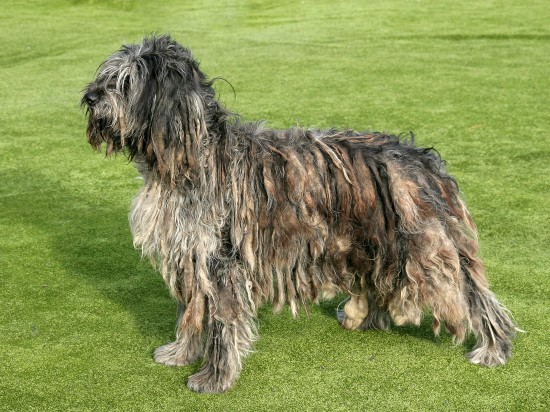 The Bergamasco A Breed That Boasts Very Few Health Issues
The Bergamasco A
The Bergamasco A Breed That Boasts Very Few Health Issues
The Bergamasco A
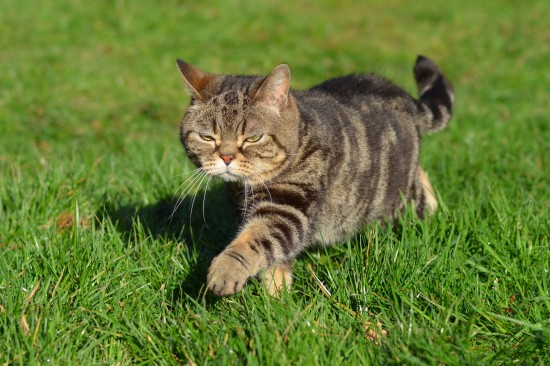 Tabby Cat Colour And Pattern Genetics
Tabby Cat Colour
Tabby Cat Colour And Pattern Genetics
Tabby Cat Colour
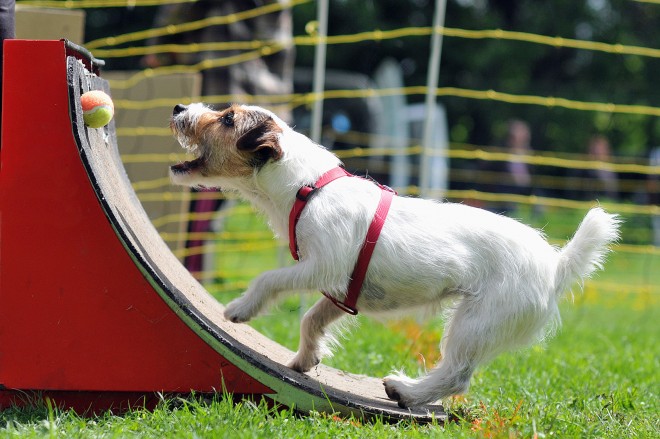 Starting A New Activity With Your Dog - Its Never Too Late
Starting A New Ac
Starting A New Activity With Your Dog - Its Never Too Late
Starting A New Ac
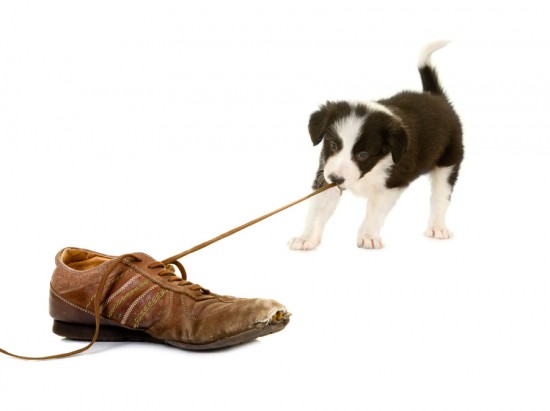 Puppy Problems Part Two - Digging, Straying, Pulling, Chewing And Climbing
Puppy Problems Pa
Puppy Problems Part Two - Digging, Straying, Pulling, Chewing And Climbing
Puppy Problems Pa
Copyright © 2005-2016 Pet Information All Rights Reserved
Contact us: www162date@outlook.com